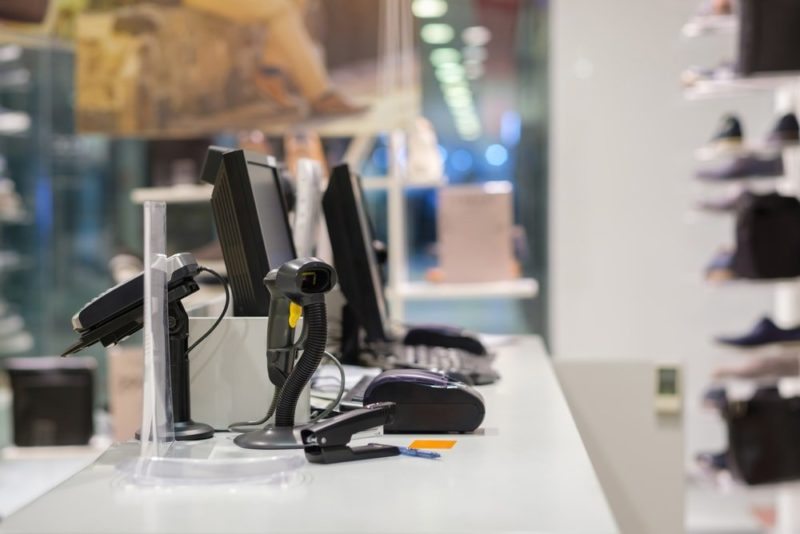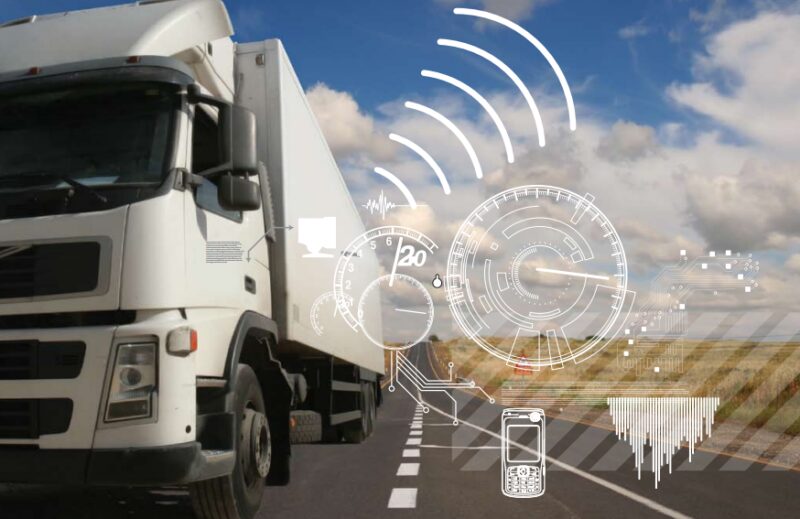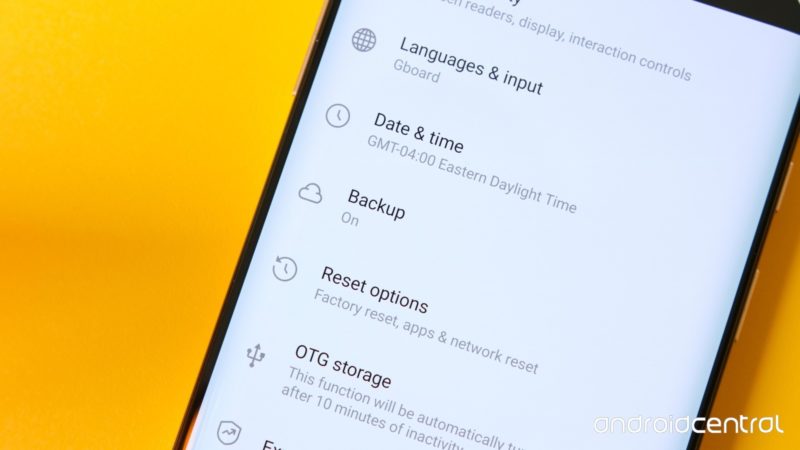The name of the game for modern businesses is versatility; businesses have to be able to meet customers where they are, and that means that it’s absolutely crucial for companies to have the tools they need to succeed.
But what are those tools, exactly? The digital age has been in full effect for a while now, and most companies do at least part of their business online. It started with desktop computers, and laptops became more prevalent as technology advanced and allowed them to become more powerful. Their mobility, after all, was unrivaled. Unrivaled, that is, until you consider the modern smartphone.
It starts with processing power. The tech industry has progressed to the point that lightning-quick IC chips can be implemented in phones, making them veritable supercomputers in their own right at this point. That’s due to the big tech companies working with dedicated IC foundries in progressing this technology; for example, Apple works with the IC foundry TSMC to fit all their phones with IC chips. And because of this, mobile phones are powerful enough to reliably handle many business processes while providing unparalleled versatility.
So what can you do for your business on a phone? Here are just a few of the easiest business processes that you can keep up with on your smartphone.
1. Point-of-Sale Setup

A traditional till or cash register may have many drawbacks and a full-featured digital POS setup often comes with a hefty price tag. More and more businesses are choosing to make use of a smartphone, tablet or other mobile device as a POS terminal, either to save on cost or to take advantage of the wider range of features that current-generation smartphones may be able to offer. Spending too much on a POS machine, setup or system that may be unable to meet the needs of a business’s customers or employees can be a serious misstep, one that may have costly consequences.
With the proper attachments and mobile applications, smartphones should have no trouble counting cash or processing a credit card transaction. Cloud-based POS systems and apps that are able to handle electronic-funds transfers and other forms of payment that could pose a real challenge for a traditional setup can be a major asset. Ensuring that customers are able to make use of their preferred method of payment and can look forward to a quick, convenient and efficient check-out experience is not a matter that should be left to chance.
2. Keeping in Touch

One of the most useful functions that smartphones are able to provide is also among the most basic. Being able to pass messages, share information and stay in touch with employees who are off-site, in the field or just plain difficult to track down on the job site counts for a lot. While intercom systems and two-way radios can also be of benefit, the low cost and superior performance that smartphones are able to provide often makes them the best equipment option for staying in touch.
3. Tracking and Managing Fleet Vehicles

Being able to effectively manage a fleet of delivery or service vehicles can be quite the challenge, especially for those organizations that may lack the right equipment. A built-in GPS locator, WiFi access and the other basic features commonly found on most smartphones can make them the ideal gadget for keeping tabs of a fleet, managing drivers and recording the information that can allow businesses to handle maintenance concerns or to fine-tune their operation. Spending more than is necessary in order to purchase and install conventional GPS systems, radios and other equipment options is rarely the most cost-effective solution.
Smartphones are also more versatile than many other fleet-management resources, systems or equipment options. Being able to ramp up delivery or service operations quickly or scale things back in order to save on costs can count for a lot. The scalable nature and innate flexibility that smartphones are able to provide can allow business owners to tailor their operations to fit their current needs. The ability to adapt to changing circumstances or to make radical changes to delivery, distribution and other vehicle-operations can often be leveraged to provide businesses with a competitive advantage, one that conventional equipment options may be hard pressed to rival.
4. Reducing Overhead and Operational Costs

Smartphones can allow businesses to reduce costs in a number of unique ways. For small businesses that lack financial resources and established companies that are striving to find ways to minimize their operational costs, enhanced efficiency and lower overhead can be of paramount importance. From eliminating the need to invest in more cumbersome or expensive equipment options to mobile apps that are designed to track worker productivity or to improve organization, smartphones can be used to cut costs in any number of different ways. For business owners who are concerned about their bottom line, the humble smartphone may have much to offer.
5. Backup and File Storage

Having an extra data backup for key files and important data can be a real life-saver. Smartphones may be able to play an important role in a business’s IT disaster-recovery plan, one that could spare them the delays, added cost and potential lost revenue that a data-loss incident can easily result in. While no substitute for a dedicated data backup, the storage options found in many of today’s current-generation smartphones is often more than adequate to handle occasional backups or to provide businesses with an added layer of redundancy for increased protection.
Smartphones can also be used in order to access a cloud-based backup or other off-site data storage system or service. Quick and easy access to the cloud, even when the network or local terminals may be down, can allow workers to remain productive during an IT problem and alleviate any bottlenecks that have the potential to disrupt key operations. Apps that can provide backup reminders or that may be used in order to facilitate data transfer or access can also be a valuable asset, one that could go a long way towards ensuring essential files and important data is able to be kept safe and secure.
Smartphones Offer Superior Versatility
A business or organization is only as agile as its resources allow – and luckily, advances in technology have allowed mobile phones to become a reliable tool for businesses. While smartphones may not be robust enough to replace a dedicated terminal or even a high-volume POS setup, their low cost and wide range of uses can make them a useful resource, one that businesses can use in order to develop a more flexible and adaptable business model or workflow process. Powerful, versatile and cost-effective there are countless ways that smartphones can be used for businesses and organizations who are seeking out a more affordable alternative to traditional equipment options.
 Comeau Computing Tech Magazine 2024
Comeau Computing Tech Magazine 2024




